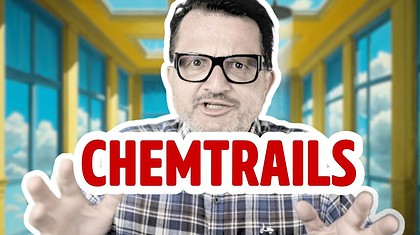Now, at this moment, what is the temperature of your room? How is the weather outside?
If you’re standing, describe how the soles of your feet feel the shoes. Pick the most precise words and form a sentence!
If you are sitting or laying down, describe where and how your body touches the furniture.
Do you feel the fabric of your clothing, the material of your seat?
Put it into a sentence.
What else is important to you, right now?
What is troubling you? What brings you joy?
It’s not enough to just guess what you think I mean here! Say it out loud or as inner monologue, as long as you put it into words and sentences.
Language distinguishes us humans from the animals. But of course, it’s not just language. It’s the thinking and feeling that becomes language, which then can become thinking and feeling again.
People who keep a journal often lead more thoughtful lives. Writing your thoughts in full sentences forces you to reflect on those thoughts.
Women regularly envy men for their fighting spirit, their physical strength, and probably also for their economic success. But there is one thing that women really do not envy men for: Men find it so much harder to put their feelings and their private truths into words.
And yet putting truths into words is vital in more sense than one. You are what you think, and if you haven’t put it into words, you can’t be sure you actually thought it.
The philosopher Ludwig Wittgenstein once said: «What one cannot speak about, one must remain silent about.”
Yet that also means: What you haven’t put into words, you probably haven’t thought through.
I talk to my son. I talk to my fellow human beings. I even talk to myself. And I challenge each and every one of us: Put into words what really moves you!
Put into words what matters to you. Say and then write in words and sentences what you have learned.
Your words shape the mind of the person that reads or hears them. When you read or hear your own words, your words shape you.
And when it is the world who reads or hears your thoughts, you might just change the world!















